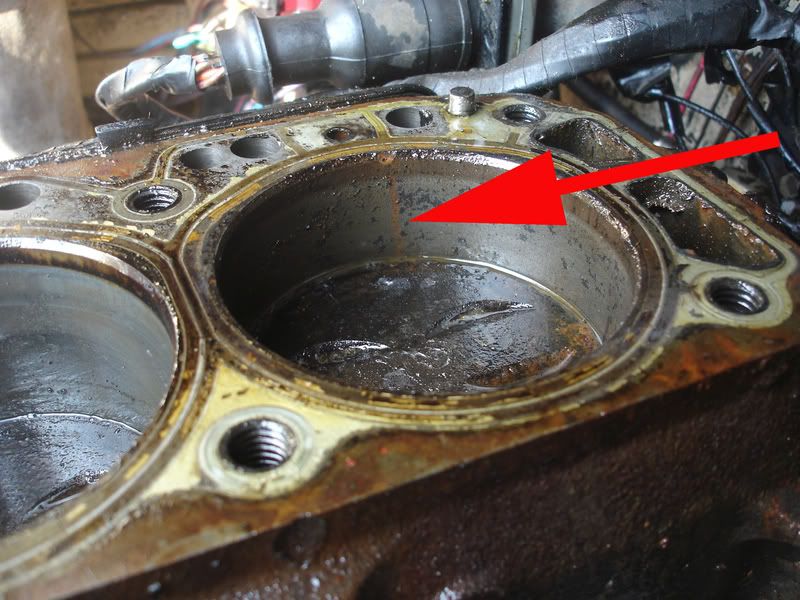Shadow66
Petty Officer 3rd Class
- Joined
- Feb 21, 2009
- Messages
- 76
Had my boat in the shop (3.0 Mercruiser Alpha 1 gen 2 sterndrive) because it was running so-so at idle.
They cleaned the carb and did some other small things like change the filters etc...and then told me my compression was:
#1) 160 psi
#2) 160 psi
#3) 160 psi
#4) 100 psi
They looked inside with a bore scope and said there was scoring in cyl #4. No mention of rings, valves etc...
I am mechanically inclined but not to the degree where I can take apart engines and do these kinds of tests/work.
As it stands now it is running great at anything above 1,200 rpm and average at standing idle and better when hot.
If I bring it somewhere else what should I ask them to do and/or to look for? Is the only fix a new block? If so where can I go to get one?
I realize it could get worse over time and I will bring it in for this kind of thing eventually.
Oh yeah one more strange thing...when I asked about what could cause that (It's a 2002 Stingray Bowrider I just bought ijn February "Caveat Emptor") he said that with the new gasoline and the water absorbtion it can get that water gets in the cylinder and acts as a spray mist removing the oil along the walls of the cylinder.
This sounds strange to me. I have heard of techniques of spraying a small stream of water in the carb to clean deposits, and wouldn't the explosion just burn off the water? I may be missing something but...
They cleaned the carb and did some other small things like change the filters etc...and then told me my compression was:
#1) 160 psi
#2) 160 psi
#3) 160 psi
#4) 100 psi
They looked inside with a bore scope and said there was scoring in cyl #4. No mention of rings, valves etc...
I am mechanically inclined but not to the degree where I can take apart engines and do these kinds of tests/work.
As it stands now it is running great at anything above 1,200 rpm and average at standing idle and better when hot.
If I bring it somewhere else what should I ask them to do and/or to look for? Is the only fix a new block? If so where can I go to get one?
I realize it could get worse over time and I will bring it in for this kind of thing eventually.
Oh yeah one more strange thing...when I asked about what could cause that (It's a 2002 Stingray Bowrider I just bought ijn February "Caveat Emptor") he said that with the new gasoline and the water absorbtion it can get that water gets in the cylinder and acts as a spray mist removing the oil along the walls of the cylinder.
This sounds strange to me. I have heard of techniques of spraying a small stream of water in the carb to clean deposits, and wouldn't the explosion just burn off the water? I may be missing something but...




















